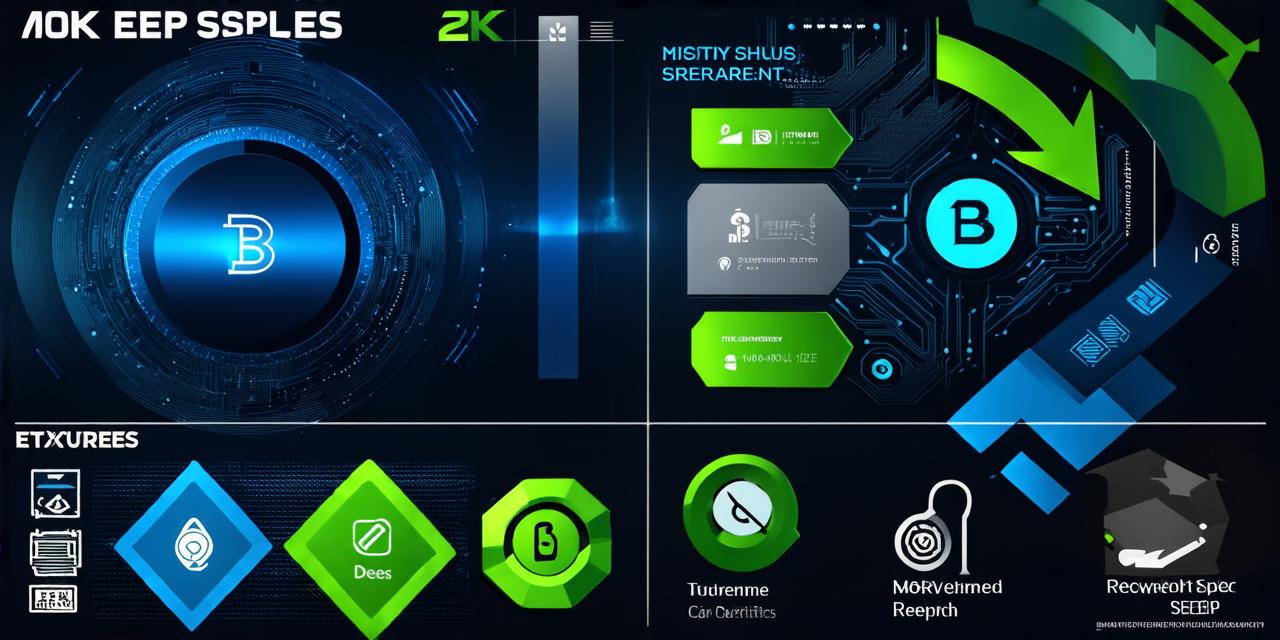Blockchain technology is revolutionizing the way we store and manage data. In particular, blockchain solutions have emerged as a viable alternative to conventional record-keeping solutions in many industries. But what exactly sets these two approaches apart? This article aims to provide an answer by exploring some of the key differences between blockchain solutions and conventional record-keeping solutions.
What is Blockchain Technology?
Before we dive into the specifics of what sets blockchain solutions apart from conventional record-keeping solutions, it’s important to first understand what blockchain technology is. At its core, a blockchain is a decentralized, distributed ledger that allows for secure and transparent tracking of transactions. It consists of a chain of blocks, each containing a set of transactions, which are linked together using cryptographic hashes. This creates an immutable and tamper-proof record of all the transactions on the network.
Advantages of Blockchain Technology
Now that we have a basic understanding of blockchain technology let’s take a look at some of the key advantages it offers over conventional record-keeping solutions:

- Decentralization
- Transparency
- Security
- Immutability
Case Studies: Blockchain vs Conventional Record-Keeping Solutions
Now that we’ve taken a look at some of the key advantages of blockchain technology let’s take a look at some real-life examples of how it has been used to solve problems in various industries:
- Supply Chain Management
- Healthcare
- Finance
